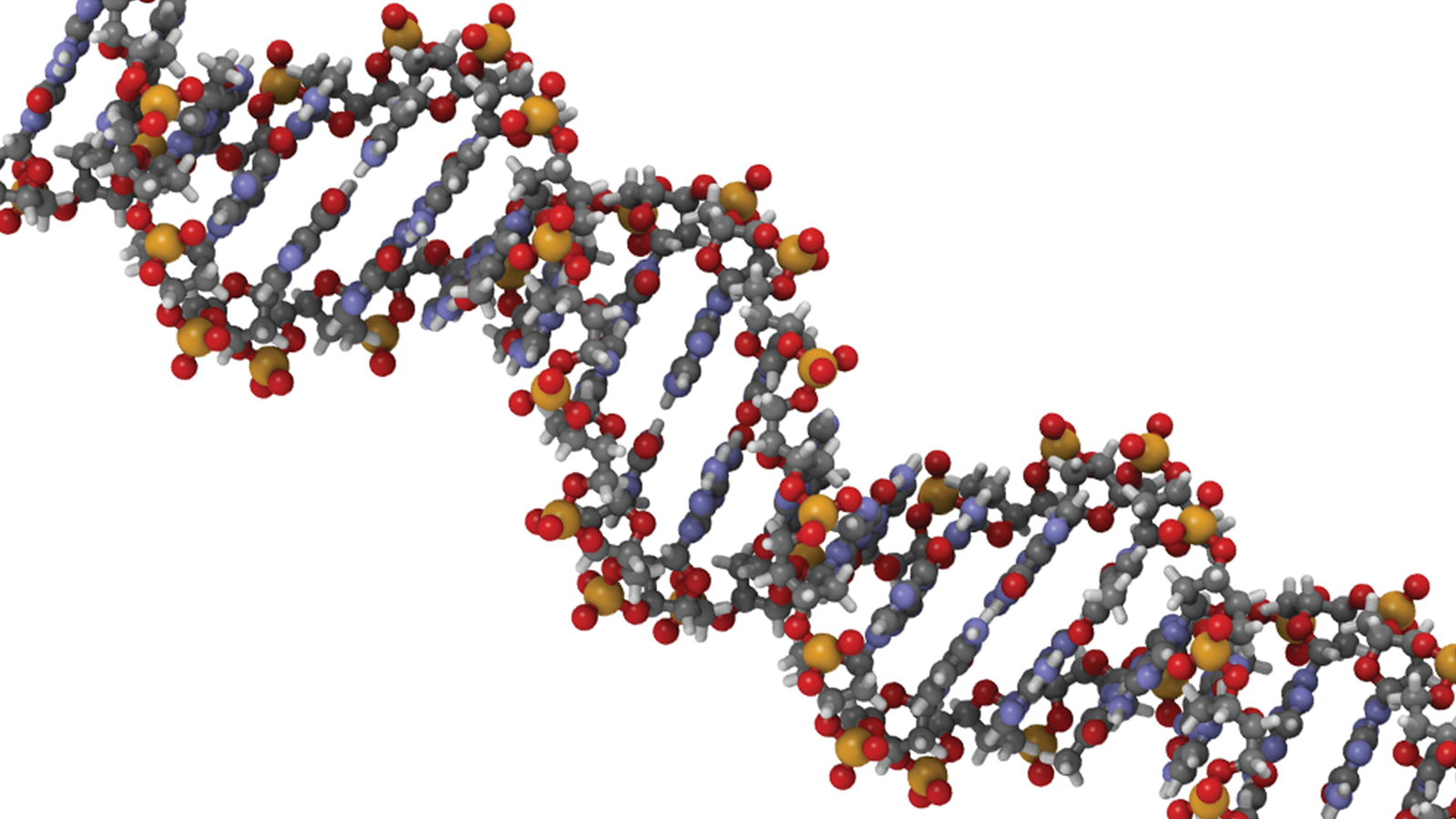The rapid advancements in genomic analysis have ushered in a new era of medicine, poised to revolutionize healthcare. With the ability to decipher the human genome, scientists and medical professionals can now explore innovative therapies, personalized treatments, and preventive strategies, promising a future where medicine is more effective, inclusive, and precise.
Breakthroughs in Genomic Analysis
Genomic analysis involves studying the structure, function, and mapping of genomes. Recent breakthroughs include:
- High-Throughput Sequencing: This technology has significantly reduced the cost and time of sequencing, enabling the analysis of large genomic datasets and identifying genetic variants associated with diseases.
- CRISPR-Cas9: This gene-editing technology allows for precise modifications to the DNA, opening avenues for treating genetic disorders.
- Bioinformatics: The development of computational tools and algorithms has facilitated the analysis and interpretation of complex genomic data.
Personalized Medicine: Tailoring Treatment to Genetics
One of the most promising applications of genomic analysis is personalized medicine, which tailors medical treatment to the individual characteristics of each patient. By analyzing a patient’s genetic makeup, healthcare providers can:
- Predict Susceptibility: Identify individuals at higher risk for specific diseases and implement early intervention strategies.
- Optimize Drug Response: Determine the most effective drug and dosage, reducing adverse effects and improving treatment outcomes.
- Targeted Therapies: Develop treatments targeting the genetic mutations responsible for diseases, especially certain types of cancer.
Early Diagnosis and Preventive Strategies
Genomic analysis facilitates the early diagnosis of genetic disorders and diseases with a genetic component. By identifying genetic markers and variants associated with diseases, medical professionals can:
- Implement Screening Programs: Develop genomic screening programs for at-risk populations, enabling early intervention.
- Advise Lifestyle Changes: Provide personalized lifestyle and wellness recommendations to mitigate the risk of developing diseases.
- Develop Preventive Measures: Formulate vaccines and preventive drugs based on genomic information of pathogens.
Gene Therapy: A New Horizon in Treatment
Advancements in genomic analysis have rejuvenated the field of gene therapy. By directly modifying the genes, scientists can treat or prevent genetic disorders and diseases. Several gene therapies have received regulatory approval, and many more are in clinical trials, targeting conditions such as spinal muscular atrophy, hemophilia, and certain forms of blindness.
Ethical Considerations and Public Discourse
The advent of genomic medicine has sparked discussions on ethical considerations, including privacy, consent, genetic discrimination, and accessibility. Ensuring equitable access to genomic medicine, safeguarding genetic information, and fostering public understanding are pivotal for the responsible integration of genomic analysis into healthcare.
Global Collaboration and Data Sharing
The complexity and vastness of genomic data necessitate international collaboration and data sharing. Initiatives like the Global Alliance for Genomics and Health aim to foster cooperation among research institutions, healthcare providers, and policymakers to facilitate the exchange of genomic information and best practices.
Future Prospects: Integrating Genomics into Mainstream Medicine
The future of medicine is intricately linked with the integration of genomic analysis. The ongoing research and development in genomic medicine promise:
- Comprehensive Genomic Healthcare: Incorporation of genomic data into electronic health records for better diagnosis and treatment.
- Advancement in Rare Diseases: Discovery of genetic underpinnings of rare diseases and development of novel therapies.
- Enhanced Drug Development: Utilization of genomic information in drug discovery and development, reducing the time and cost of bringing new drugs to market.
Conclusion
The advances in genomic analysis are reshaping the landscape of medicine, offering hope for personalized, effective, and preventive healthcare. As we continue to unravel the mysteries of the human genome, the potential for innovative therapies, early diagnosis, and customized treatment strategies is boundless. Addressing the ethical considerations and fostering global collaboration are crucial steps in realizing the transformative potential of genomics in medicine.
Tags: #GenomicAnalysis #Medicine #PersonalizedMedicine #GeneTherapy #GenomicSequencing #PrecisionMedicine #GeneticDisorders #CRISPR #GenomicMedicine #MedicalResearch #Bioinformatics #GeneticEngineering
This article provides an in-depth exploration of the advancements in genomic analysis and their transformative implications for medicine. From the development of personalized treatment strategies to the ethical and collaborative considerations, it sheds light on how genomics is revolutionizing healthcare and what the future holds in this promising field.

